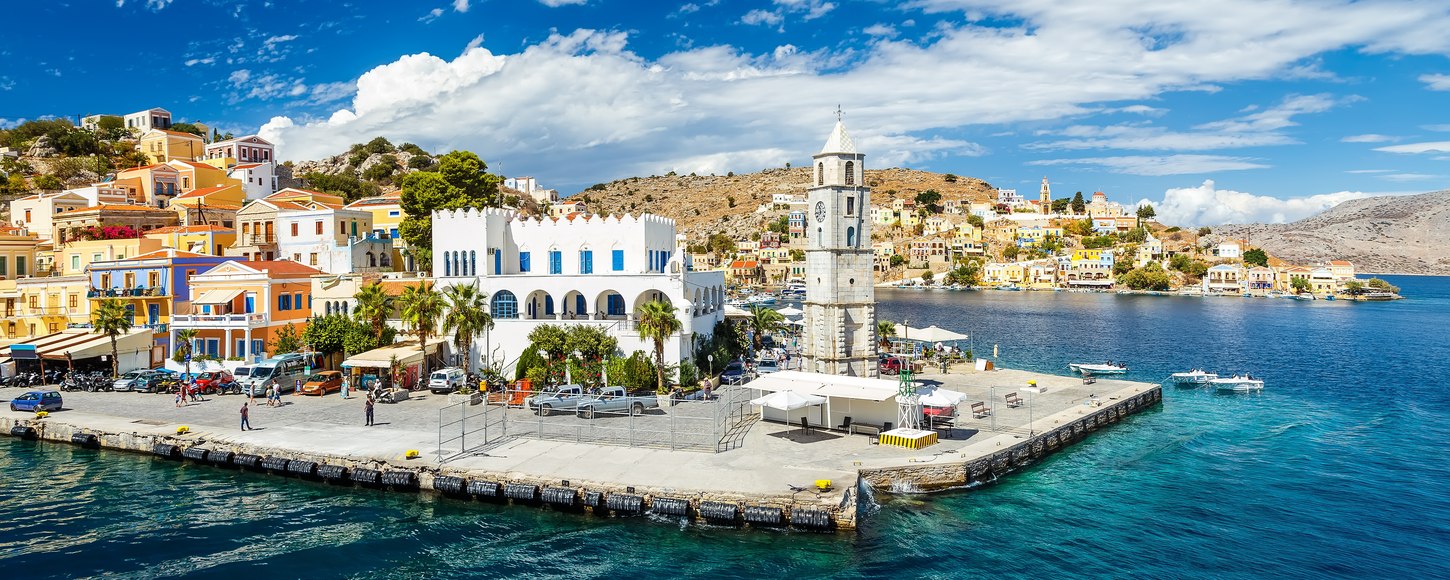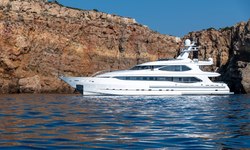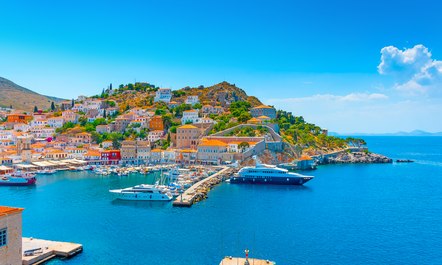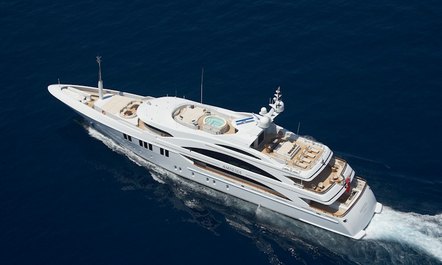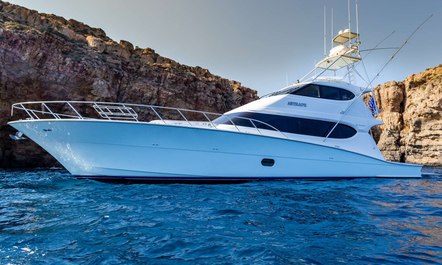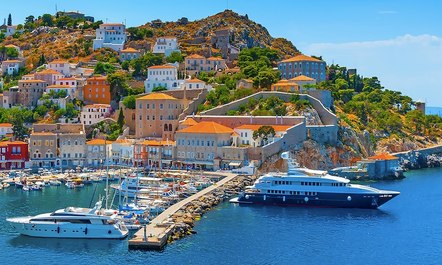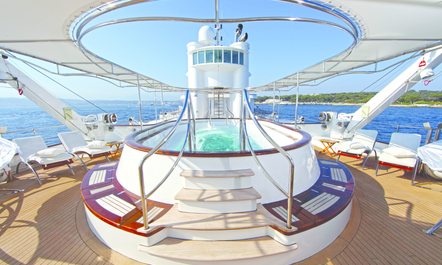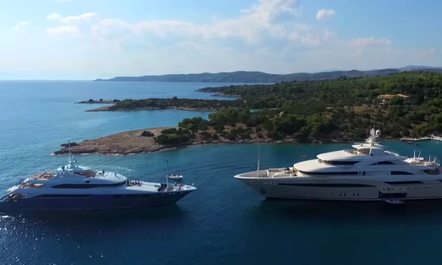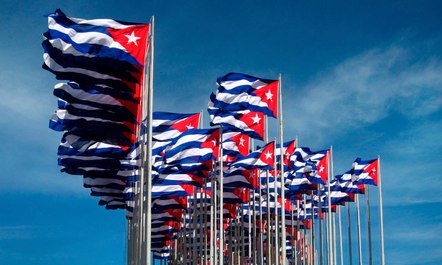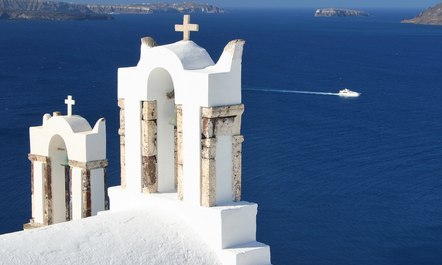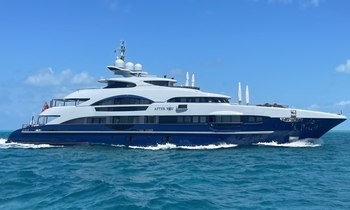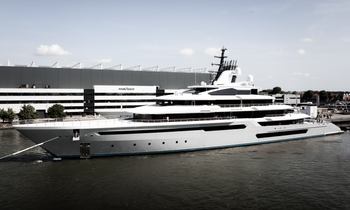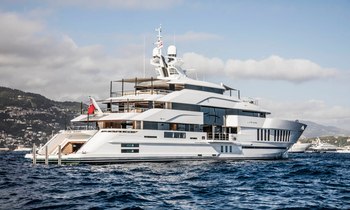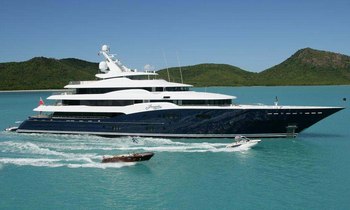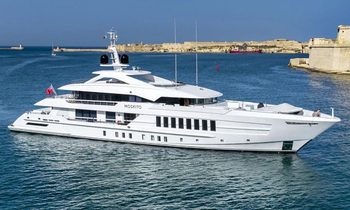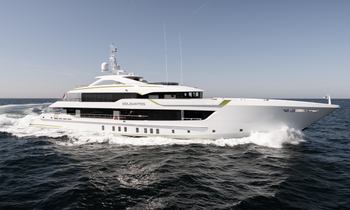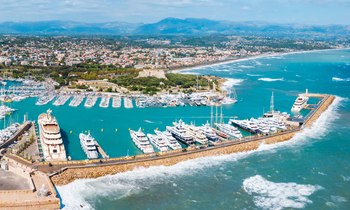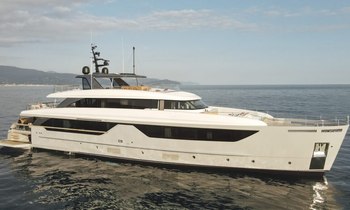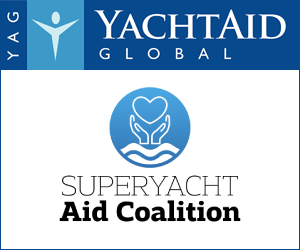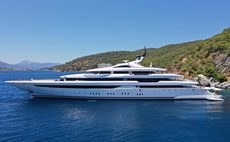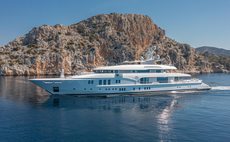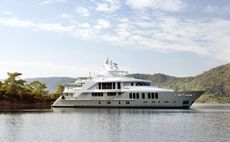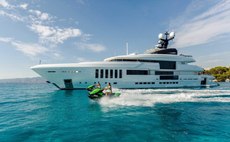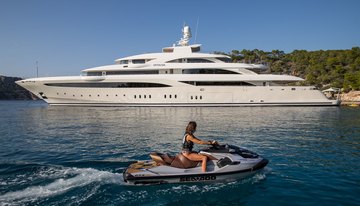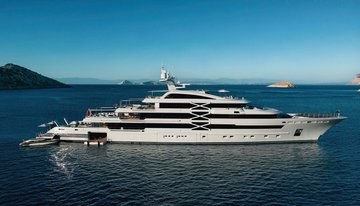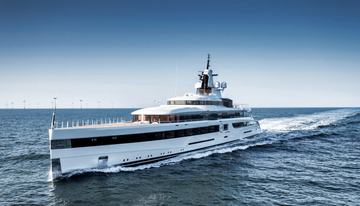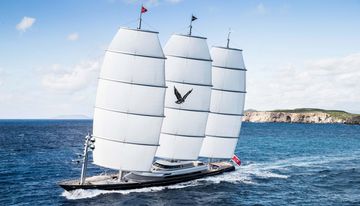In an effort to crackdown on illegal tour operators, the Greek authorities recently drafted a new bill which will prohibit foreign-flagged vessels without a Greek Charter Licence from starting or ending a charter in Greek waters. This of course begs the question- what does this all mean for those looking to visit Greece on board a superyacht?
It’s no small secret that Greece, to a fair extent, depends on discerning travellers when it comes to supporting their economy.
Indeed, those who enjoy an island-hopping private yacht charter vacation in Greek waters have helped bring in business to the marinas as well as establishments on the mainland. This isn’t to mention the many yachting professionals and agents who stand to suffer if a large number of luxury yachts are to be turned away.
It is therefore somewhat alarming that the government aim to introduce measures which will make it much more difficult for foreign flagged charter yachts to cruise here.
In this article we identify the exact rules for superyachts in Greece, and everything you need to know as a charter guest.
Introduced as a means of eliminating illegal vessel leasing in Greece, the rules set out by the Greek authorities mean that non-Greek flagged yachts are unable to either start or finish a charter in Greek waters.
EU-flagged vessels in possession of a Greek charter licence will remain unaffected, whilst non-EU flagged vessels will be unable to obtain a license.
As Turkey is not a member of EU, this bill would mean that guests couldn’t simply charter a nearby Turkish-flagged superyacht to start and finish an itinerary in Greece. They could, however, begin their charter in Turkey, enter Greek waters, and then return to Turkey to finish their vacation.
What this means, of course, is that the choice of motor yachts and sailing yachts on offer to charter guests is significantly reduced, as there is not a large number of EU-flagged vessels which own the required license.
Whilst the application of the law is intended to protect Greece and Greek waters from tax-free and/or illegal chartering, the current situation reveals how such laws can backfire.
Indeed, not only will charter business and various indirect inputs into the Greek economy suffer, but the option of starting and finishing charters in Turkey reveals that there are simple solutions to overcome the hurdle.
In addition, as these laws still limit the number of quality, large non-EU flagged commercial superyachts (the majority of them) to charter in that area of the Eastern Mediterranean, it consequently strengthens charter business in nearby countries that do not enforce such strict laws.
...since Greece closed its doors to non-EU flagged charter yachts recently, bookings in Turkey have picked back up again
Professionals from industry bodies have suggested that with the door being closed to many superyachts in Greece, charter guests will be encouraged to look elsewhere when planning their vacations.
This harmful new law has also elicited a strong reaction from the superyacht industry, with Greek yachting companies lobbying ministers to have the ruling overturned.
There’s some hope that this lobbying will be success as the laws appears to be in breach of EU cabotage laws which serve to make waters more accessible.
As more information becomes available regarding this legislation, YachtCharterFleet will be sure to keep readers fully up to date.
In order to find out more regarding the superyachts which are currently available for charter in Greece, and how you can best enjoy the sublime waters which surround the islands, feel free to get in touch with your preferred charter broker.


RELATED STORIES
EDITOR'S PICK
